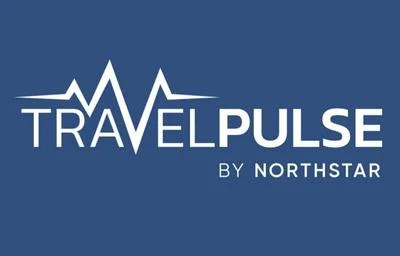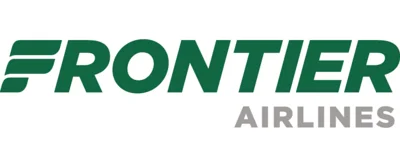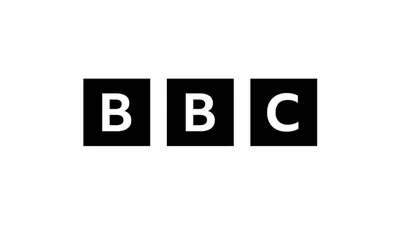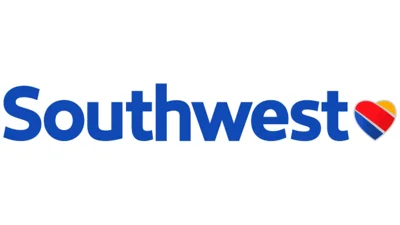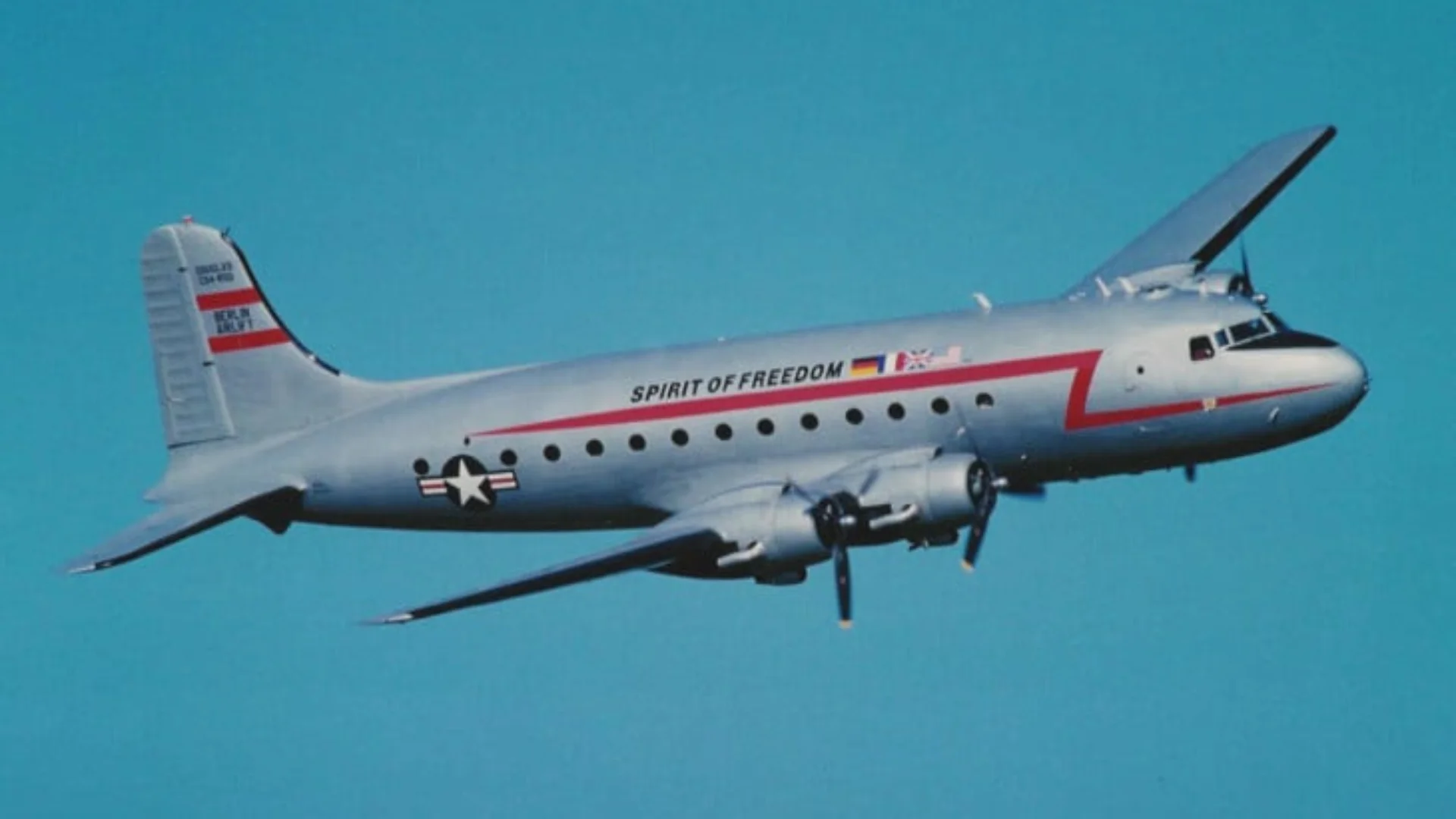“Leveraging its knowledge of the air logistics industry, Kuehne+Nagel will collaborate with Natilus to explore the operational feasibility of implementing its aircraft within the industry," stated Kuehne+Nagel.
Natilus claims it is pioneering the commercialization of BWB designs, aiming for a 30% reduction in fuel consumption and a 40% increase in payload capacity without providing comparison baselines.
"Together, the companies will assess how blended-wing-body aircraft will operate within existing fleets," said Kuehne+Nagel.
Holger Ketz from Kuehne+Nagel emphasized their commitment to sustainable air freight solutions through new technologies. Aleksey Matyushev, CEO of Natilus, remarked that this partnership is significant for understanding BWB advantages in logistics.
Natilus is also eyeing competition with major manufacturers like Airbus and Boeing with its Horizon model expected in service by early 2030s.
In addition to announcing partnerships like one with Palantir earlier this year, Natilus is searching for manufacturing sites for both its Kona freighter and Horizon passenger aircraft. Establishing facilities in the U.S. could mitigate trade restrictions and supply chain issues as new tariffs are anticipated.
The Canadian airline Nolinor has reserved production slots for Kona models while Ameriflight's order contributes to more than $6.8 billion worth backlog commitments for Natilus.
Natilus' U.S.-based facility would produce 60 Konas annually and employ over 300 people at a site spanning approximately 250,000 square feet (232,225 square meters). A second site may open internationally or domestically to support Horizon production within similar market segments as Airbus A320neo and Boeing's 737 MAX families.
 Alerts Sign-up
Alerts Sign-up



